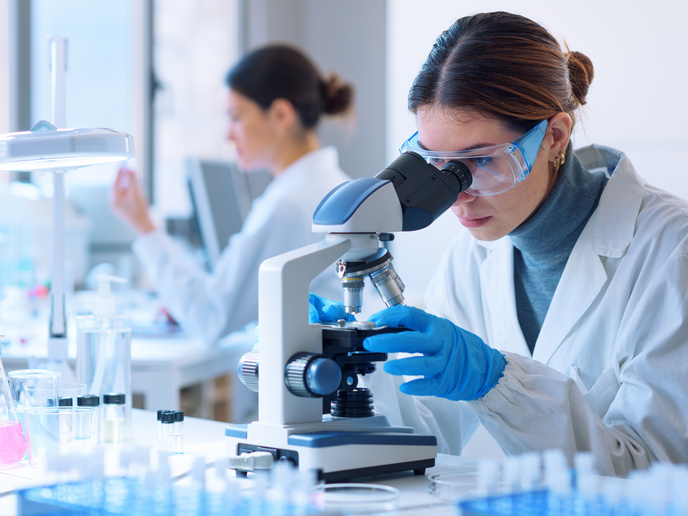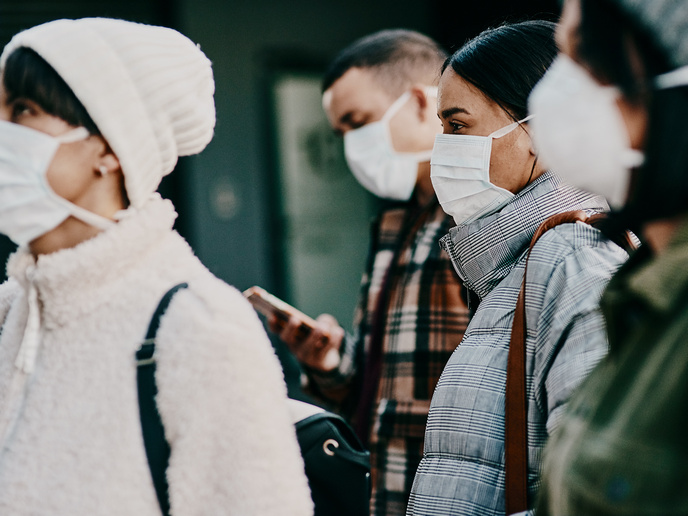Double attack on SARS
Despite the fatality of the SARS-CoV outbreak in Asia, the rising summer temperatures and quarantine measures managed to contain viral spread. However, it is believed that the SARS-CoV has not been fully eradicated and as a result, a vaccine as well as an immediate and effective treatment regimen are much needed. To this end, scientists on the EU-funded ‘Immunoprevention and immunotherapy of SARS infection’ (Sarsvac) project proposed to follow a vaccination approach coupled with an immunotherapeutic regimen. More specifically, the strategy for vaccine development consisted of two parallel approaches: the preparation of a classical vaccine made with attenuated SARS-CoV and the identification of potentially immunogenic viral antigens. These antigens were planned to be expressed in a vector-based vaccine for generating specific immunity against the virus. Additionally, partners studied SARS-CoV–derived virus-like particles (VLPs) in order to understand the morphogenesis and maturation of virions. The information they obtained allowed them to identify specific viral protein epitopes that offered protective T and B cell-mediated immunity. As an immunotherapeutic strategy, neutralising human antibodies to SARS-CoV were developed and validated. The plan was to administer these as a treatment option to patients already infected with the virus. The Sarsvac approach promises an immediate and long-term protection against a potential SARS-CoV infection. Commercial exploitation of this vaccine and immunotherapy combination may prove the solution against a future SARS-CoV outbreak.







